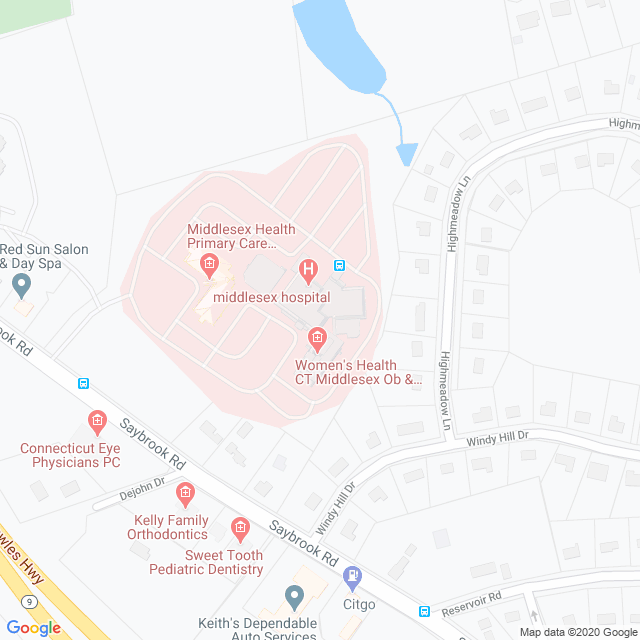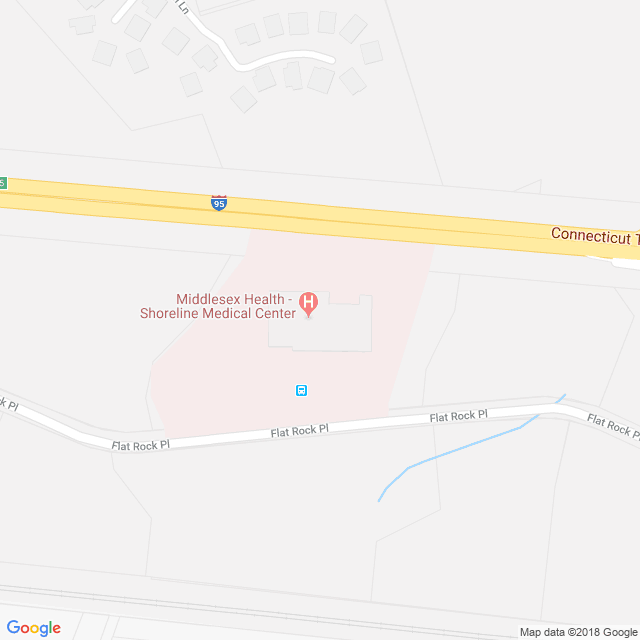
Skin Cancer

Or, if you're not sure what you're looking for, you can:
Browse Specialists
Browse Primary Care
Or, if you're not sure what you're looking for, you can:
Browse All Conditions & Care Services


Although skin cancer is most commonly caused by sun exposure, it can be found on other areas of the body, as well. At the Middlesex Health Cancer Center, we have the tools to treat your condition, no matter the location or type.
Our online Learning Center has up-to-date, evidence-based information about numerous topics related to skin cancer, including diagnostic tests, treatment options, management of treatment side effects, and more.
These resources are not a substitute for the guidance of your physician but can help you learn more about skin cancer and what to expect during treatment. All content is provided courtesy of the Mayo Clinic Health Library.
There are three common types of skin center, and each has different signs and symptoms.
Most commonly found on sun-exposed areas like the neck or face
Most commonly found on sun-exposed areas like the neck or face
Can develop anywhere on your body, on normal skin, or on a mole. Often appears on the face or the trunk of affected men and on the lower legs of women
The risk factors for all three types of skin cancer are similar and include:
There are two primary methods used to diagnose skin cancer:
There are a number of different procedures that can be used to remove skin cancer cells:
Chemotherapy for skin cancers involves the use of medications to shrink or kill cancerous cells. Systemic chemotherapy can be given intravenously (IV) or by pill. Your doctor may also recommend creams or lotions containing anti-cancer agents. There are also biological therapies - which use your body's immune system to kill cancer cells - for certain types of skin cancer.
The board-certified medical oncologists, nurses, and technicians at Connecticut Oncology Group provide the most effective, advanced care with warm, personal attention and support for patients and their families. In addition, your medical oncology team will work closely with your other providers and help provide access to clinical trials.
Radiation oncology is the highly-controlled use of radiation to cure or treat symptoms of skin cancer.
2 Specialty Care Locations


Middlesex Health offers numerous classes and events for patients and the community. These range from yoga to our annual Cancer Survivors Day.